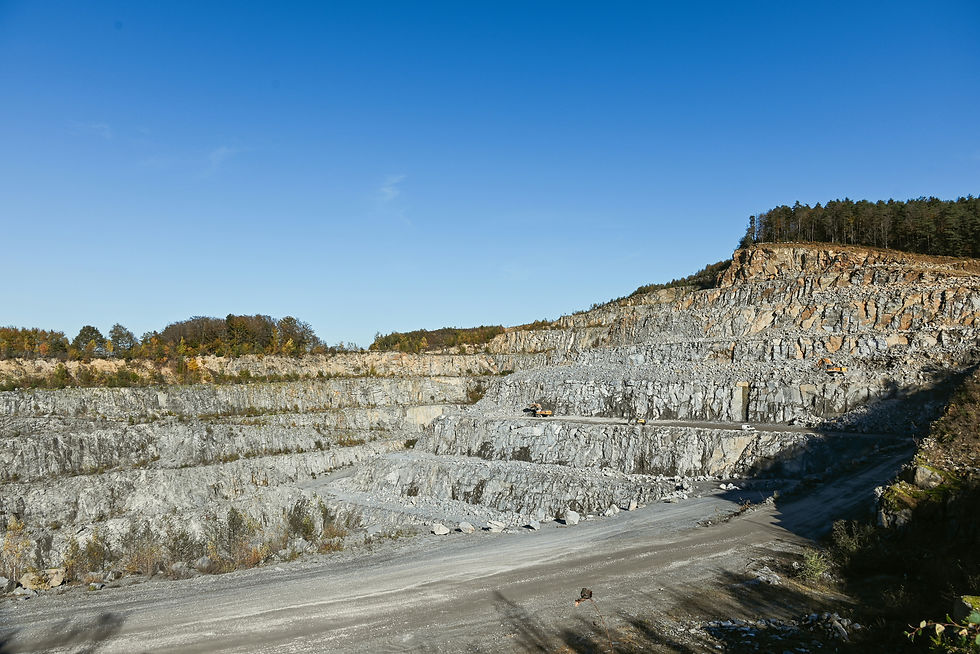From Granite Waste to Urban Value: How the GRANULAR Project Turns Sludge into Sustainable Building Blocks
- Kyklos team

- Nov 20, 2025
- 2 min read

Across Europe, the stone industry generates millions of tonnes of granite sludge every year; a fine, wet waste left over from cutting and polishing stone. Today, most of this material is stored in large ponds that occupy land, risk contaminating soil and water, and offer no value back to local communities. At the same time, the construction sector still depends heavily on energy-intensive, clay-based products that require high-temperature firing and the extraction of virgin raw materials. In a world racing to decarbonise, this “take-make-waste” model is no longer acceptable. We urgently need ways to turn industrial by-products into high-value, low-carbon construction materials.
GRANite waste to advanced resources through circuLARity (GRANULAR) steps directly into this challenge. The project designs a circular value chain that transforms granite sawing sludge from a negative-value waste into a feedstock for bricks, panels, blocks, and urban furniture. By combining granite sludge with clays and innovative “cold ceramic” or low-temperature formulations, and then shaping them with advanced 3D printing, GRANULAR aims to create durable products with significantly lower embodied energy and CO₂ emissions than conventional fired bricks. The objective is not just to prove that these materials work in the lab, but to demonstrate robust, real-world applications that can replace traditional solutions in streets, squares and public spaces.
To make this circular model scalable, GRANULAR is digitally enabled from end to end. Sensors installed along the process capture data on sludge characteristics, energy use and production parameters, which are then integrated into the CIRCULOOS digital tools. This allows the project to orchestrate the supply chain, monitor material flows, and run Life Cycle Assessments that compare GRANULAR products with standard clay-based alternatives. The result is a transparent, data-driven approach. Every printed bench, panel or brick comes with evidence of its environmental performance, helping cities, architects and developers choose genuinely low-carbon options and paving the way for future certifications and wider market uptake.
As project coordinator, KYKLOS drives the circular business model and exploitation roadmap, assessing environmental, economic and social impacts while preparing the certification path that will help GRANULAR products enter the market.
The project has received funding from the OC2 of CIRCULOOS project.
